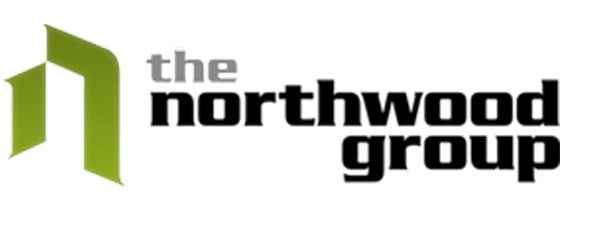


As a commercial real estate investment property broker I have the opportunity to learn what deal points are important to different investors. One deal point that I think is often overlooked and undervalued by the private individual investor and its property manager is the effect of the tenant’s annual increases. It is obviously good for rents to go up but what does that do to our return???
Let’s walk through an example. Let’s say an investor is looking at acquiring a small office building for $1,000,000. The net operating income is $80,000 so the cap rate is 8%. Let’s also assume that the investor is going to obtain a 75% loan to value at 4.5% interest amortized over 25 years. The total amount of the annual debt payments is $50,024 which makes the annual cash flow after debt $29,975. Because the down payment (or initial cash invested) is $250,000 the cash on cash return is about 12%. Sounds like a pretty good deal.
Now let’s take a look at what the annual increase will do. Let’s assume that the average annual increase is 3%. Upon the first annual increase the net operating income is now $82,400. If you capitalize that income at the same going in cap rate, the value of the property is now $1,030,000. Since the loan payments are fixed, your cash flow now is $32,376 and your cash on cash return based on your initial investment is now about 13%. Depending on the leases this can compound year after year.
There are many factors to consider whenever investing in commercial real estate. Larger institutional investors have the tools and analytics to take all of these factors into account. My hope is that this article will help the private individual investor better be able to quantify the importance of this deal point when comparing commercial real estate investment properties.